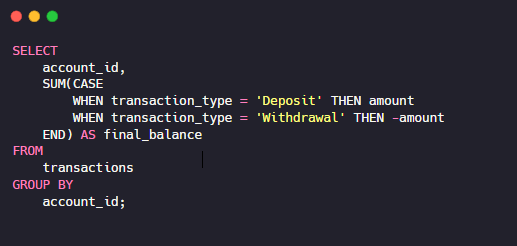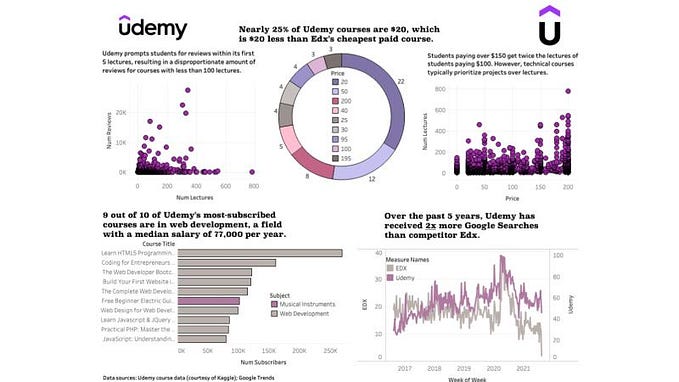You're unable to read via this Friend Link since it's expired. Learn more
Member-only story
The Military Metaphor in Marcus Aurelius
Soldiering as a Philosophy of Life in Stoicism
In one of the most famous passages of The Meditations, the Roman emperor Marcus Aurelius writes that everything physical is as transient as a stream rushing past us, everything belonging to the mind is as insubstantial as vapour and deceptive as smoke or mist, and that…
…life is warfare, and a sojourn in foreign land. — Meditations, 2.17
Only one thing can save us from all this confusion: philosophy, the love of wisdom.
Marcus was literally engaged in warfare, in a foreign land, when he wrote this.
He goes on to say many striking things about the philosophy he followed, called Stoicism. However, scholars have been struck by the oddness of this apparent allusion to his own situation, in a book that’s notoriously vague about time and place.
Indeed, Marcus was literally engaged in warfare, in a foreign land, when he wrote this. Nearby in the text we find the rubric “At Carnuntum”, the name of the Roman legionary fortress in Upper Pannonia where Marcus had stationed himself during the early stages of the First Marcomannic War. (Today Carnuntum is in Austria, near Vienna.)
As emperor, and commander-in-chief, he was responsible for the largest army ever amassed on a Roman frontier, numbering approximately 140,000 men altogether. Throughout his reign, Marcus was engaged in almost constant warfare, following the Parthian invasion of Armenia in 161 CE, and the invasion of the Danube provinces, and northern Italy, by the Marcomanni and their allies in 167 CE. The Meditations is believed to have been written some time between the years 170 and 175 CE, which happen to coincide with the middle and end of the First Marcomannic War. There don’t seem to be direct or explicit references in The Meditations to the war. Nevertheless, there are several curious allusions to military life.
The Trial of Socrates
Marcus often seems to turn real objects and events, from his life, into metaphors for philosophy. However, the precedent for doing so with military service was set almost six centuries earlier, at the dawn of the philosophical…










